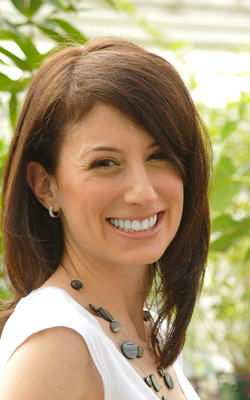AMARYAH ORENSTEIN

Amaryah Orenstein, founder and president of GO Literary, a Boston-based boutique agency, is thrilled to help writers bring their ideas to life. Aiming to give voice to a broad range of perspectives, Amaryah represents a wide array of literary and commercial fiction and narrative nonfiction. She is actively seeking works that wed beautiful writing with a strong narrative and tackle big issues in engaging, accessible, and even surprising ways. In addition to negotiating contracts, Amaryah works closely with each of her clients throughout every step of the publishing process, from concept development through publication and beyond. She takes a particular interest in the editorial process, offering skilled advice and guidance to help clients bring out the best in their writing.
Amaryah began her career at the Laura Gross Literary Agency in 2009 and, prior to that, worked as an Editorial Assistant at various academic research foundations, including The Tauber Institute, where she edited books for Brandeis University Press/University Press of New England. Originally from Montreal, she earned a BA at McGill University before coming to the United States to pursue graduate work in American History. She received her MA from the Contemporary History Institute at Ohio University and her PhD from Brandeis University.
SESSION: First Impressions: How To Hook an Agent/Editor with Your Opening Pages
You only get one chance to make a first impression. When it comes to your written work, this means that your opening pages are critical! Why? Well, if an agent or editor isn’t hooked by your submission immediately they will put it down and move on. It’s as simple as that. In this seminar, literary agent Amaryah Orenstein will show you how to capture a reader’s attention with your opening pages and how to avoid the weak openings that lead to instant rejection. We will discuss the most common pitfalls found in first sentences and first pages, including overused beginnings and clichés that can drag down a work. We will also examine the pros and cons of using a prologue as the opening chapter of your novel.
